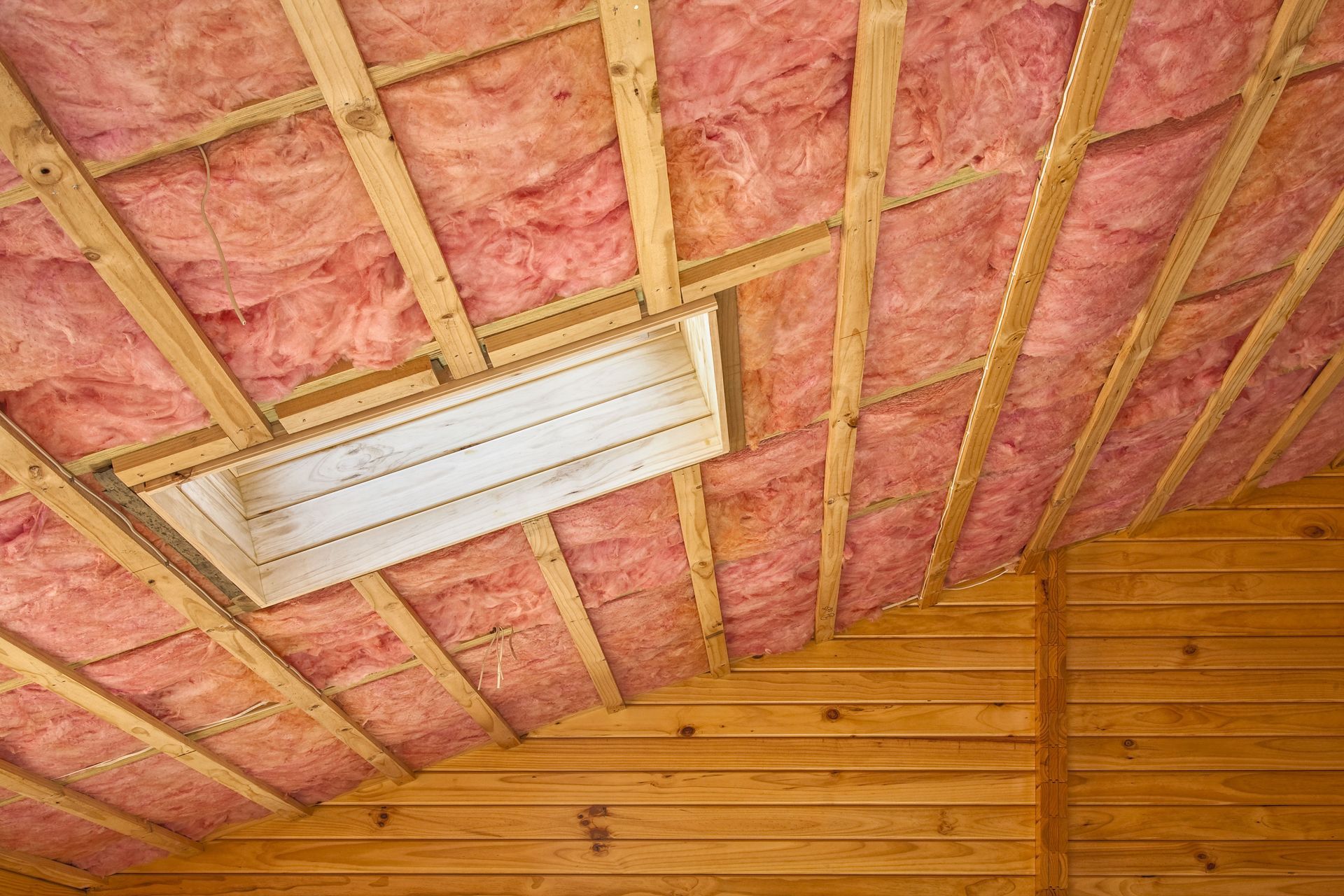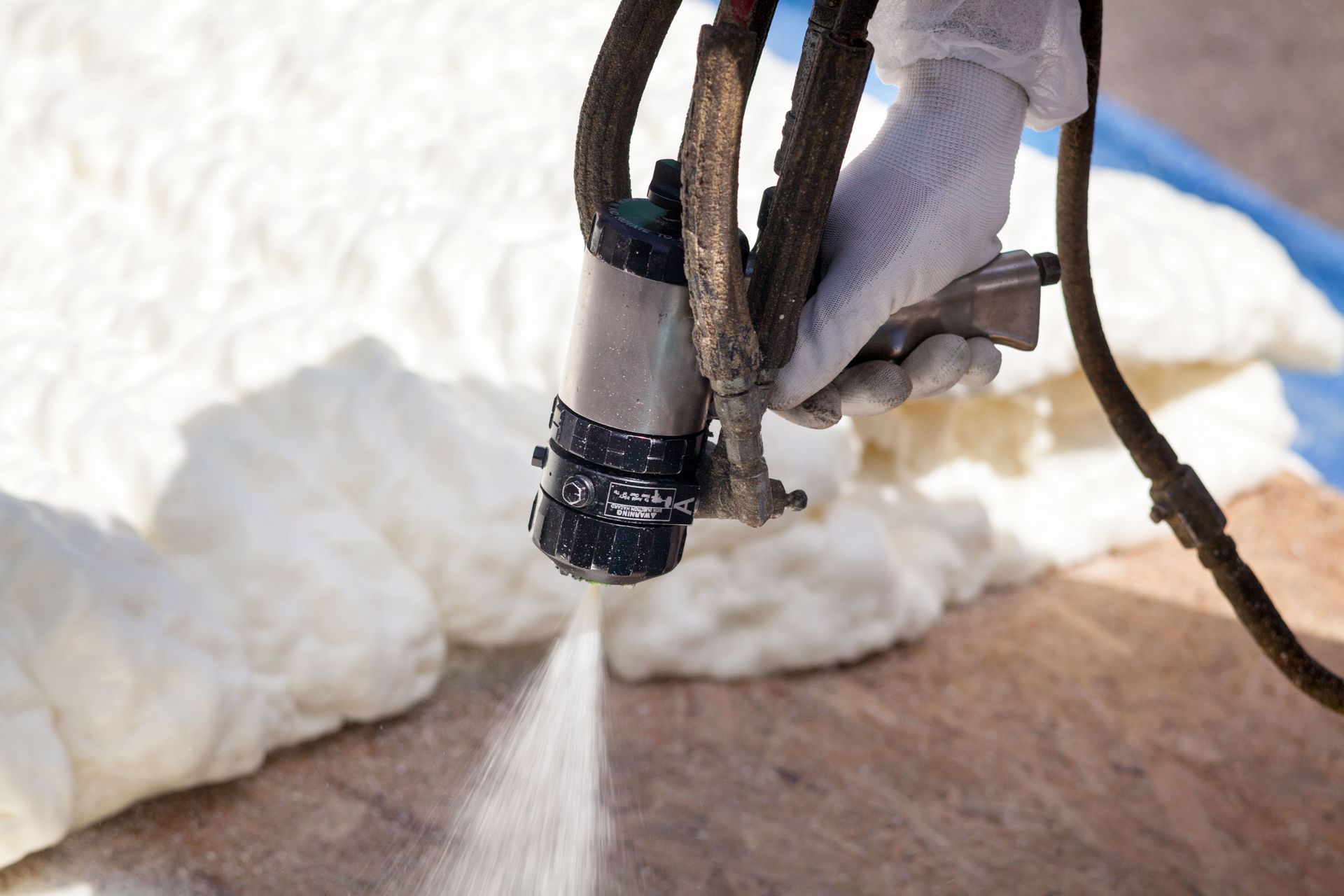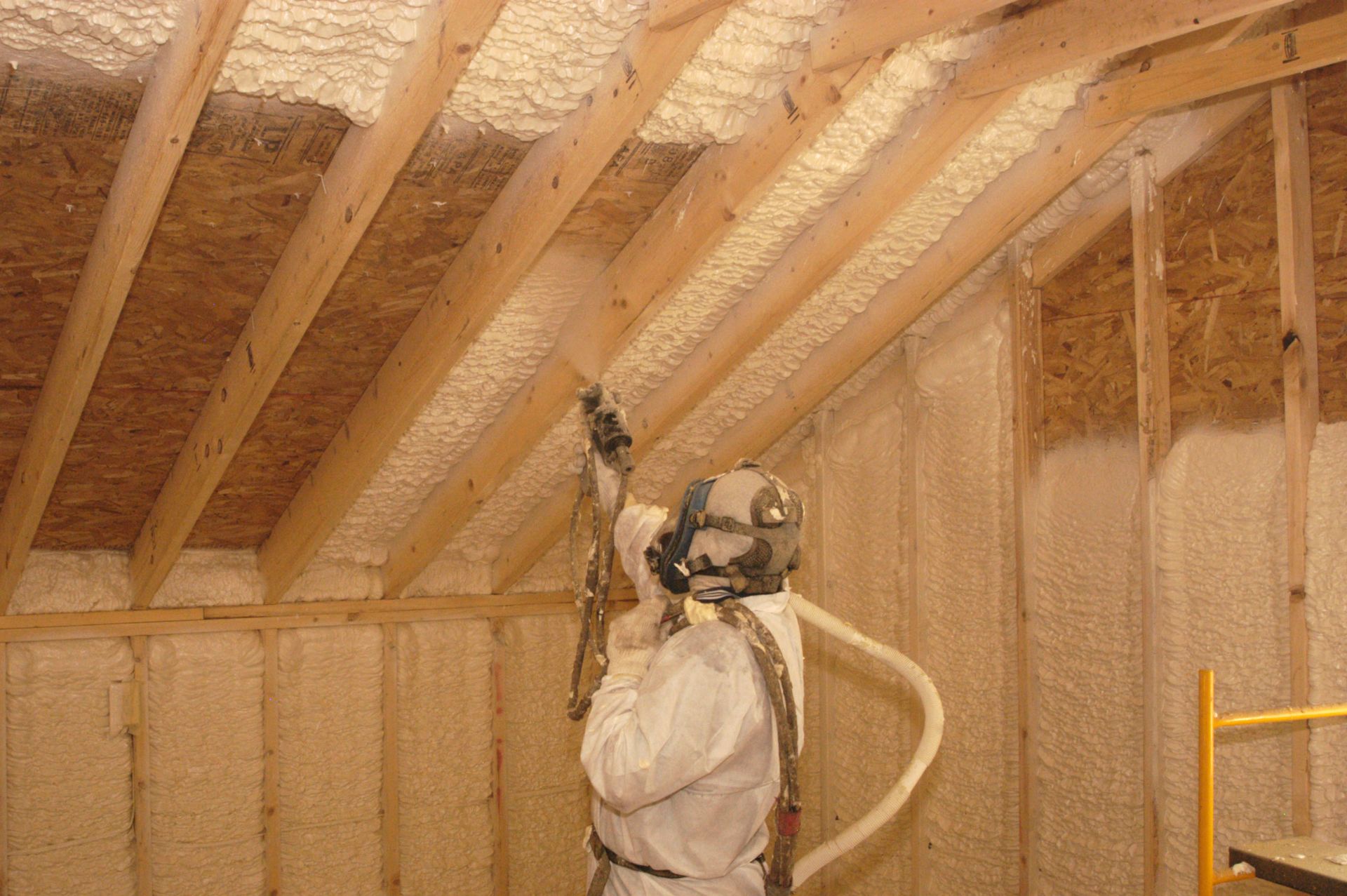What to Know for Winter Insulation
As the cold winter months approach, ensuring your home is properly insulated is crucial for maintaining comfort and energy efficiency. Insulation plays a key role in preventing heat loss, reducing energy bills, and providing a cozy indoor environment. Whether you're planning to upgrade your existing insulation or insulating your home for the first time, knowing the essentials can make a huge difference in keeping your home warm and efficient throughout the season. Be sure to contact your local insulation companies!
Choosing the Right Insulation Materials
One of the primary considerations for effective winter insulation is the type and quality of material used. Different insulation materials have different R-Values, which measure their resistance to heat flow. According to Today's Homeowner, houses in cold climates should insulate attics with materials of R-Value 49 or higher. This standard ensures that your attic effectively retains heat, preventing the escape of warm air and the intrusion of cold drafts, thus optimizing your heating system's efficiency.
Sealing Gaps and Air Leaks
Another essential aspect of winter insulation is assessing and addressing potential gaps and air leaks in your home. Common culprits include windows, doors, and areas around piping or ductwork. Sealing these openings with weatherstripping or caulking can significantly enhance your home's insulation. Even with high-quality insulation material, unchecked air leaks can lead to substantial heat loss. By closing these gaps, your heating system works less, lowering energy bills and enhancing overall home comfort.
Insulating Basements and Crawl Spaces
Basements and crawl spaces are often overlooked when it comes to insulation, but they can be major sources of heat loss. Insulating these areas can help regulate the temperature of your entire home. Vapor barriers and rigid foam insulation are effective options for these spaces, providing a moisture-resistant solution that complements attic and wall insulation. By ensuring all areas of your home are well-insulated, you create a comprehensive thermal envelope that enhances energy efficiency and comfort.
In conclusion, preparing your home for the winter with proper insulation is an investment in comfort and efficiency. By selecting suitable materials with adequate R-values and addressing air leaks throughout your home, you can significantly enhance your home's thermal performance. Don't overlook basements and other typically ignored spaces, as insulating them contributes to a warm, energy-efficient home. By taking these steps, you'll enjoy a cozy winter with reduced energy expenses and increased overall comfort. Looking for local
insulation companies? Call us at New England Performance Insulation today!




Share On: